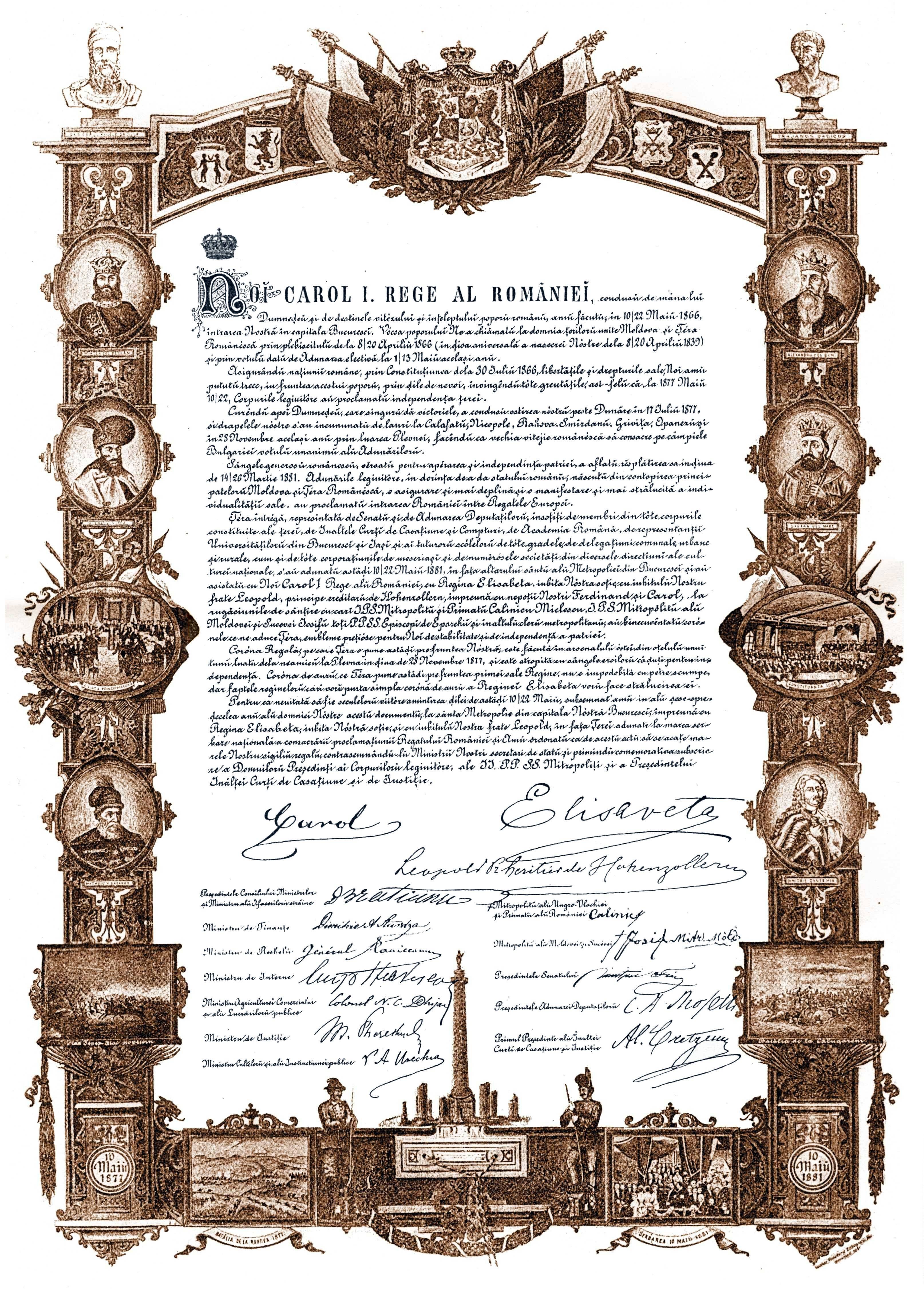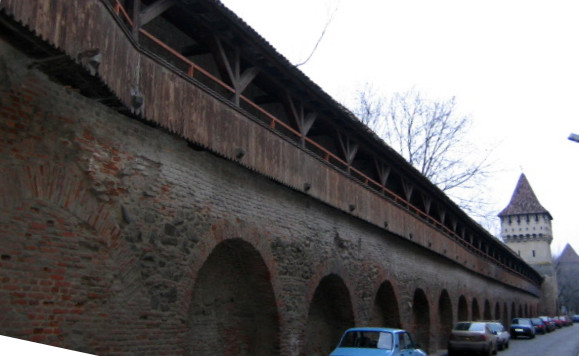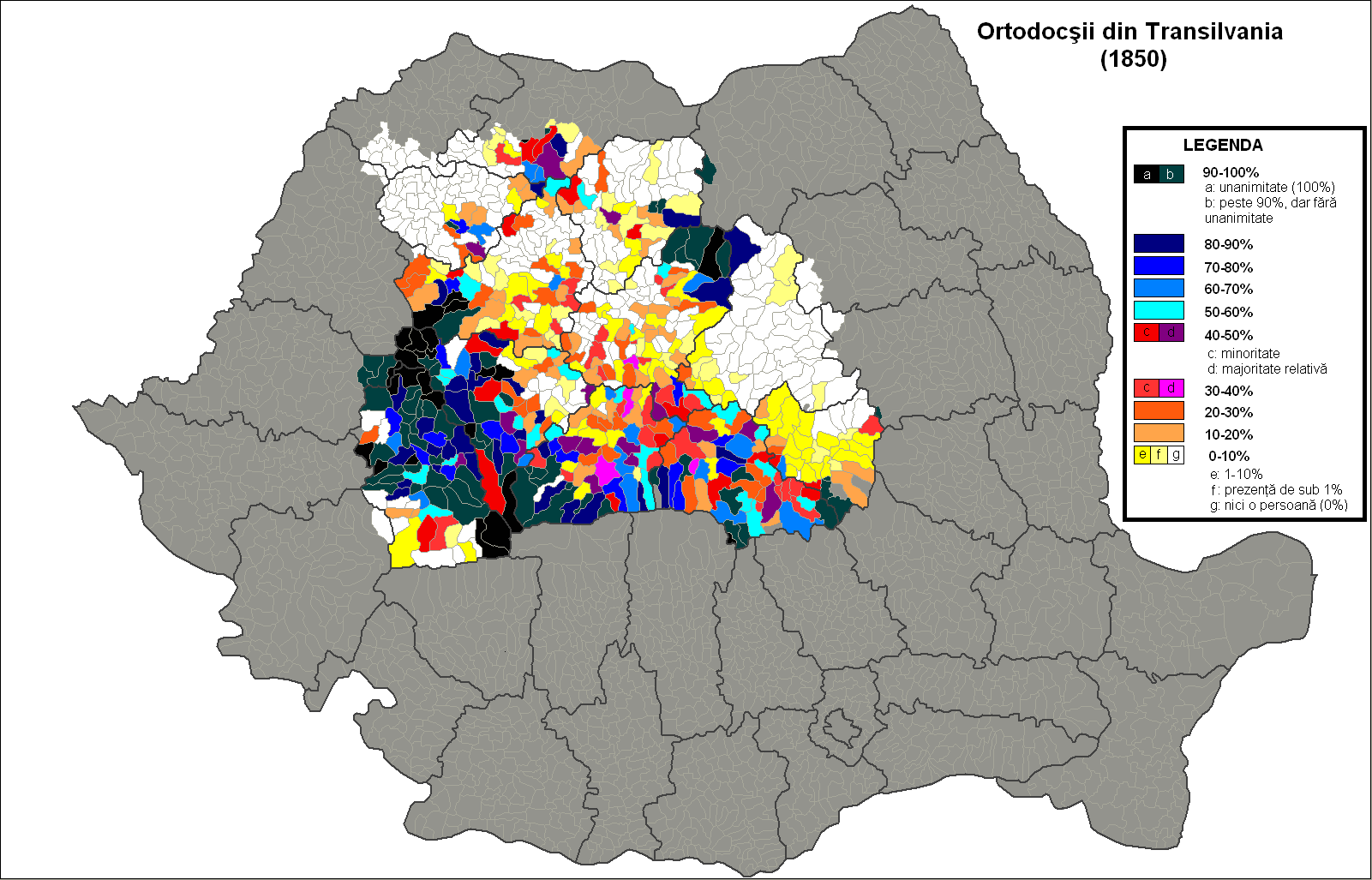|
Antonie Plămădeală
Antonie Plămădeală (; 17 November 1926 in Stolniceni, Lăpușna County, Bessarabia, Kingdom of Romania – 29 August 2005 in Sibiu) was a high-level hierarch of the Romanian Orthodox Church The Romanian Orthodox Church (ROC; , ), or Romanian Patriarchate, is an autocephalous Eastern Orthodox church in full communion with other Eastern Orthodox Christian denomination, Christian churches, and one of the nine patriarchates in the East ..., the Orthodox Metropolitan of Transylvania (1982–2005). Born Leonida Plămădeală, he received the name of Antonie when he was tonsured a monk in 1948. He was friends with the Romanian philosopher Constantin Noica, and spoke at his funeral. References Romanian Orthodox metropolitan bishops Honorary members of the Romanian Academy People from Hîncești District 1926 births 2005 deaths {{Romania-bio-stub ... [...More Info...] [...Related Items...] OR: [Wikipedia] [Google] [Baidu] |
Lăpușna County (Romania)
Lăpușna County was a county () in the Kingdom of Romania between 1925 and 1938 and between 1941 and 1944. Geography The county was located in the eastern part of Greater Romania, in the center of the historical region of Bessarabia. Currently, the territory of the county is entirely part of the Republic of Moldova. The county was bordered by the Soviet Union to the east, the counties of Orhei to the north, Bălți to the north-west, Iași and Fălciu to the west, Cahul to the south-west and Tighina to the south. Administration The county consisted of five districts ('' plăși''): #Plasa Călărași, headquartered at Călărași #Plasa Chișinău, headquartered at Chișinău #Plasa Hâncești, headquartered at Hâncești #Plasa Nisporeni, headquartered at Nisporeni #Plasa Vorniceni, headquartered at Vorniceni The county contained two urban localities: Chişinău (the county seat, with the status of the municipality, the second largest city of Greater Romania after Buchar ... [...More Info...] [...Related Items...] OR: [Wikipedia] [Google] [Baidu] |
Bessarabia
Bessarabia () is a historical region in Eastern Europe, bounded by the Dniester river on the east and the Prut river on the west. About two thirds of Bessarabia lies within modern-day Moldova, with the Budjak region covering the southern coastal region and part of the Ukrainian Chernivtsi Oblast covering a small area in the north. In the late 14th century, the newly established Principality of Moldavia encompassed what later became known as Bessarabia. Afterward, this territory was directly or indirectly, partly or wholly controlled by: the Ottoman Empire (as suzerain of Moldavia, with direct rule only in Budjak and Khotyn), the Russian Empire, Romania, the USSR. In the aftermath of the Russo-Turkish War (1806–1812), and the ensuing Treaty of Bucharest (1812), Peace of Bucharest, the eastern parts of the Moldavia, Principality of Moldavia, an Ottoman Empire, Ottoman vassal state, vassal, along with some areas formerly under direct Ottoman rule, were ceded to Imperial Russ ... [...More Info...] [...Related Items...] OR: [Wikipedia] [Google] [Baidu] |
Kingdom Of Romania
The Kingdom of Romania () was a constitutional monarchy that existed from with the crowning of prince Karl of Hohenzollern-Sigmaringen as King of Romania, King Carol I of Romania, Carol I (thus beginning the Romanian royal family), until 1947 with the abdication of King Michael I of Romania, Michael I and the Romanian parliament's proclamation of the Socialist Republic of Romania, Romanian People's Republic. From 1859 to 1877, Romania evolved from a personal union of two Principality, principalities: (Moldavia and Wallachia) called the Unification of Moldavia and Wallachia also known as "The Little Union" under a single prince to an autonomous principality with a House of Hohenzollern, Hohenzollern monarchy. The country gained its independence from the Ottoman Empire during the Russo-Turkish War (1877–1878), 1877–1878 Russo-Turkish War (known locally as the Romanian War of Independence), after which it was forced to cede the southern part of Bessarabia in exchange for Northern ... [...More Info...] [...Related Items...] OR: [Wikipedia] [Google] [Baidu] |
Sibiu
Sibiu ( , , , Hungarian: ''Nagyszeben'', , Transylvanian Saxon: ''Härmeschtat'' or ''Hermestatt'') is a city in central Romania, situated in the historical region of Transylvania. Located some north-west of Bucharest, the city straddles the Cibin River, a tributary of the Olt River. Now the seat of Sibiu County, between 1692 and 1791 and 1849–65 Sibiu was the capital of the Principality of Transylvania. Until 1876, the Hecht hause in Sibiu served as the seat of the Transylvanian Saxon University. Nicknamed ''The Town with Eyes'' for the eyebrow dormers on many old buildings, the town is a popular tourist destination. It is known for its culture, history, cuisine, and architecture. In 2004, its historical center was added to the tentative list of UNESCO World Heritage Sites. Sibiu was subsequently designated the European Capital of Culture in 2007, along with Luxembourg City. One year later, it was ranked "Europe's 8th-most idyllic place to live" by ''Forbes''. Sibi ... [...More Info...] [...Related Items...] OR: [Wikipedia] [Google] [Baidu] |
Romanian Orthodox Church
The Romanian Orthodox Church (ROC; , ), or Romanian Patriarchate, is an autocephalous Eastern Orthodox church in full communion with other Eastern Orthodox Christian denomination, Christian churches, and one of the nine patriarchates in the Eastern Orthodox Church organization, Eastern Orthodox Church. Since 1925, the church's Primate (bishop), Primate has borne the title of Patriarch. Its jurisdiction covers the territories of Romania and Moldova, with additional dioceses for Romanians living in nearby Ukraine, Serbia and Hungary, as well as for diaspora communities in Central Europe, Central and Western Europe, North America and Oceania. It is the only autocephalous church within Eastern Orthodoxy to have a Romance languages, Romance language for liturgical use. The majority of Romania's population (16,367,267, or 85.9% of those for whom data were available, according to the 2011 census data), as well as some 720,000 Moldovans, belong to the Romanian Orthodox Church. Members o ... [...More Info...] [...Related Items...] OR: [Wikipedia] [Google] [Baidu] |
Metropolitan Bishop
In Christianity, Christian Christian denomination, churches with episcopal polity, the rank of metropolitan bishop, or simply metropolitan (alternative obsolete form: metropolite), is held by the diocesan bishop or archbishop of a Metropolis (religious jurisdiction), metropolis. Originally, the term referred to the bishop of the chief city of a historical Roman province, whose authority in relation to the other bishops of the province was recognized by the First Council of Nicaea (AD 325). The bishop of the provincial capital, the metropolitan, enjoyed certain rights over other bishops in the province, later called "suffragan bishops". The term ''metropolitan'' may refer in a similar sense to the bishop of the chief episcopal see (the "metropolitan see") of an ecclesiastical province. The head of such a metropolitan see has the rank of archbishop and is therefore called the metropolitan archbishop of the ecclesiastical province. Metropolitan (arch)bishops preside over synods of th ... [...More Info...] [...Related Items...] OR: [Wikipedia] [Google] [Baidu] |
Constantin Noica
Constantin Noica (; – 4 December 1987) was a Romanian philosopher, essayist and poet. His preoccupations were throughout all philosophy, from epistemology, philosophy of culture, axiology and philosophic anthropology to ontology and logics, from the history of philosophy to systematic philosophy, from ancient to contemporary philosophy, from translating and interpretation to criticism and creation. In 2006 he was included to the list of the 100 Greatest Romanians of all time by a nationwide poll. Biography Noica was born in Vitănești, Teleorman County. He studied at the Dimitrie Cantemir and Spiru Haret lyceums, both in Bucharest. At Spiru Haret his math teacher was Dan Barbilian (pen name Ion Barbu, poet and mathematician). His debut was in ''Vlăstarul'' magazine, in 1927. Between 1928 and 1931 he attended courses of the University of Bucharest's Faculty of Letters and Philosophy, where he graduated in 1931 (thesis: "Problema lucrului în sine la Kant" / "The ma ... [...More Info...] [...Related Items...] OR: [Wikipedia] [Google] [Baidu] |
Romanian Orthodox Metropolitan Bishops
Romanian may refer to: *anything of, from, or related to the country and nation of Romania **Romanians, an ethnic group **Romanian language, a Romance language ***Romanian dialects, variants of the Romanian language **Romanian cuisine, traditional foods **Romanian folklore *'' The Romanian: Story of an Obsession'', a 2004 novel by Bruce Benderson *''Românul ''Românul'' (, meaning "The Romanian"; originally spelled ''Romanulu'' or ''Românulŭ'', also known as ''Romînul'', ''Concordia'', ''Libertatea'' and ''Consciinti'a Nationala''), was a political and literary newspaper published in Bucharest, Ro ...'' (), a newspaper published in Bucharest, Romania, 1857–1905 See also * * {{disambiguation Language and nationality disambiguation pages ... [...More Info...] [...Related Items...] OR: [Wikipedia] [Google] [Baidu] |
Honorary Members Of The Romanian Academy
An honorary position is one given as an honor, with no duties attached, and without payment. Other uses include: * Honorary Academy Award, by the Academy of Motion Picture Arts and Sciences, United States * Honorary Aryan, a status in Nazi Germany * Honorary authorship, listing of uninvolved people as co-authors of research papers * Honorary César, awarded by the Académie des Arts et Techniques du Cinema, France * Honorary consul, an unpaid part-time diplomatic consul * Honorary Goya Award, by the Academia de las Artes y las Ciencias Cinematográficas de España, Spain * Honorary Police, unpaid police force in Jersey * Honorary Prelate, a title used in the Catholic Church * Honorary society (other), whose members are elected for meritorious conduct * Honorary title, awarded as a mark of distinction ** Honorary citizenship, awarded to aliens who have rendered service to the state ** Honorary degree, academic degree awarded to someone not formally qualified to receive it ... [...More Info...] [...Related Items...] OR: [Wikipedia] [Google] [Baidu] |
People From Hîncești District
The term "the people" refers to the public or common mass of people of a polity. As such it is a concept of human rights law, international law as well as constitutional law, particularly used for claims of popular sovereignty. In contrast, a people is any plurality of persons considered as a whole. Used in politics and law, the term "a people" refers to the collective or community of an ethnic group or nation. Concepts Legal Chapter One, Article One of the Charter of the United Nations states that "peoples" have the right to self-determination. Though the mere status as peoples and the right to self-determination, as for example in the case of Indigenous peoples (''peoples'', as in all groups of indigenous people, not merely all indigenous persons as in ''indigenous people''), does not automatically provide for independent sovereignty and therefore secession. Indeed, judge Ivor Jennings identified the inherent problems in the right of "peoples" to self-determination, as i ... [...More Info...] [...Related Items...] OR: [Wikipedia] [Google] [Baidu] |
1926 Births
In Turkey, the year technically contained only 352 days. As Friday, December 18, 1926 ''(Julian Calendar)'' was followed by Saturday, January 1, 1927 '' (Gregorian Calendar)''. 13 days were dropped to make the switch. Turkey thus became the last country to officially adopt the Gregorian Calendar, which ended the 344-year calendrical switch around the world that took place in October, 1582 by virtue of the Papal Bull made by Pope Gregory XIII. Events January * January 3 – Theodoros Pangalos declares himself dictator in Greece. * January 8 **Ibn Saud is crowned ruler of the Kingdom of Hejaz. ** Crown Prince Nguyễn Phúc Vĩnh Thuy ascends the throne as Bảo Đại, the last monarch of the Nguyễn dynasty of the Kingdom of Vietnam. * January 16 – A British Broadcasting Company radio play by Ronald Knox about workers' revolution in London causes a panic among those who have not heard the preliminary announcement that it is a satire on broadcasting. * January 21 ... [...More Info...] [...Related Items...] OR: [Wikipedia] [Google] [Baidu] |






